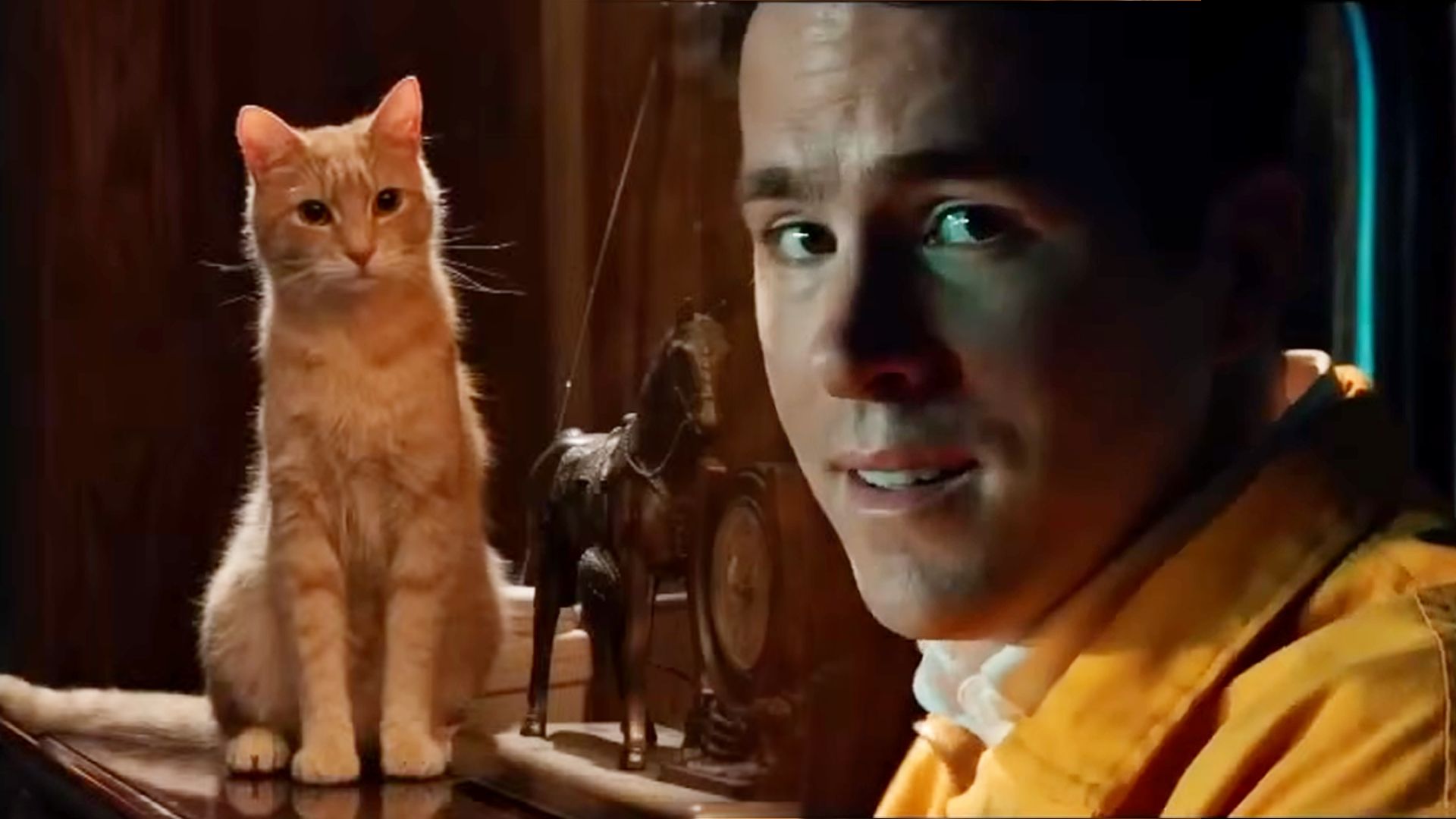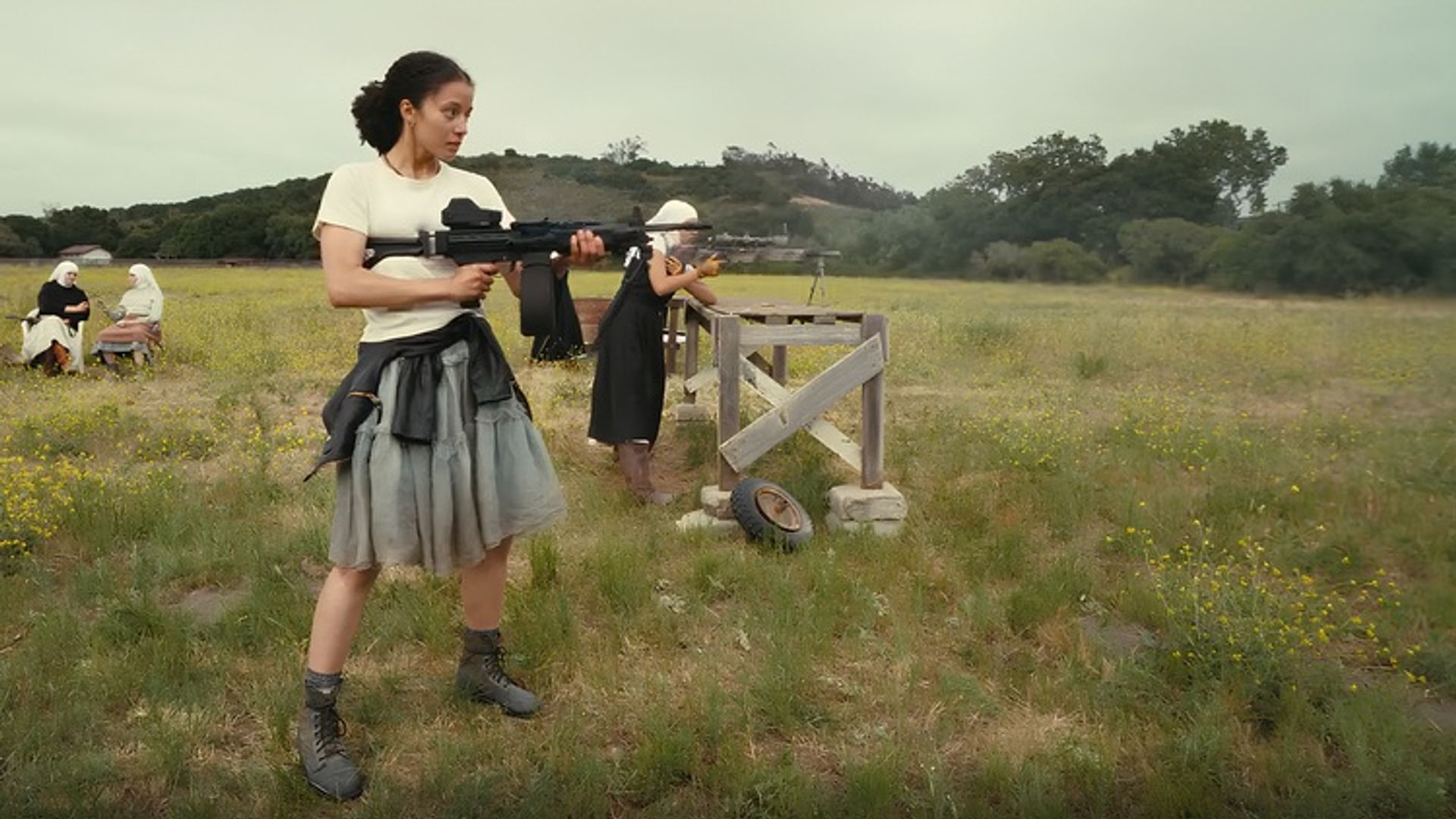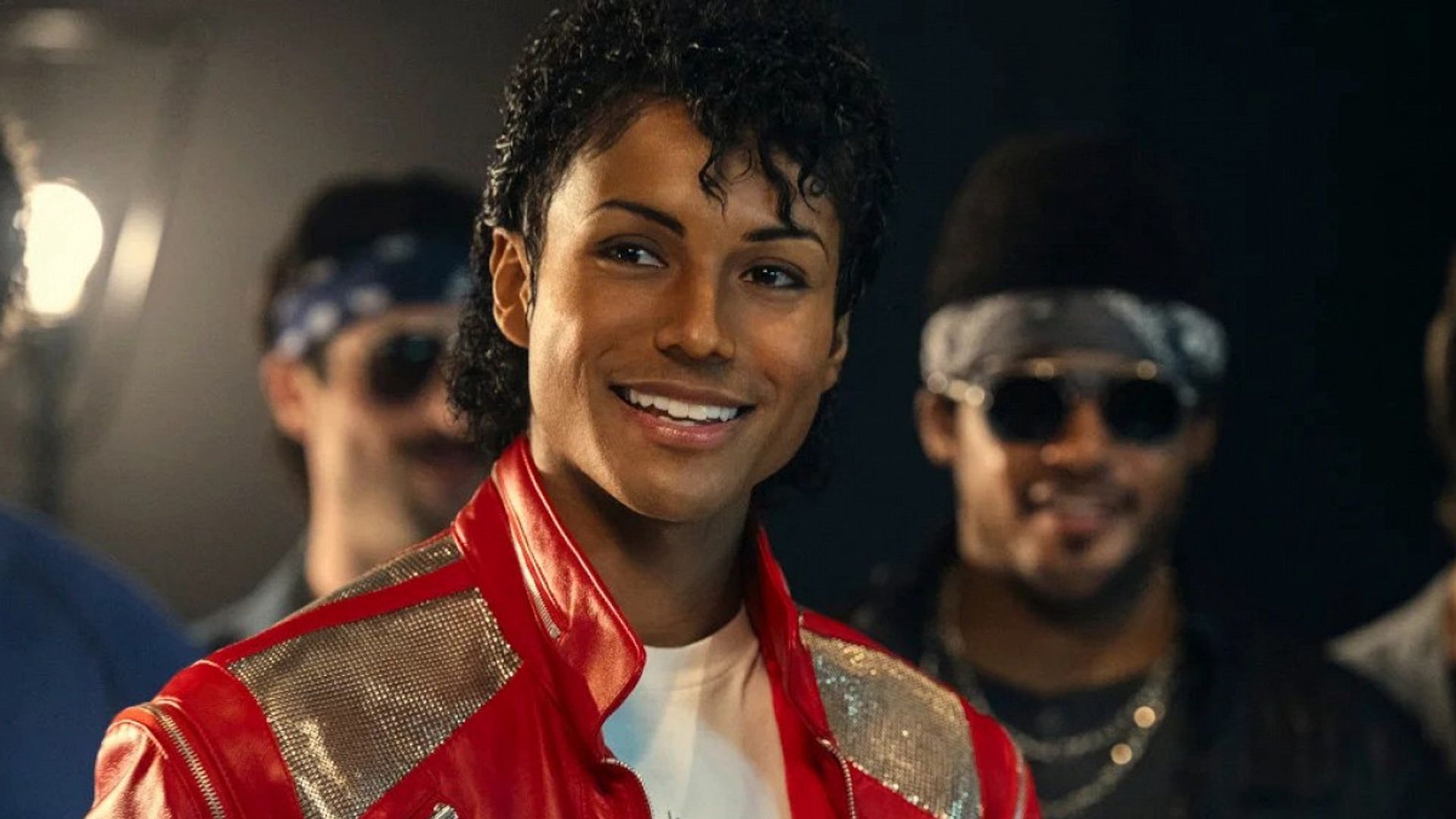Where space isn't about star wars but a chance to explore humanity, loneliness, guilt, and hope? If you haven't experienced this yet, crack open Ray Bradbury's "The Martian Chronicles." Because this isn't just science fiction. This is capital-L Literature.
A Book That Breathes Mars
"The Martian Chronicles" is a collection of interconnected stories published in 1950.Bradbury chronicles several waves of Mars colonization: from Earth's first expeditions to a tragic finale where humanity brings the same destruction to an alien world that it tried to escape.
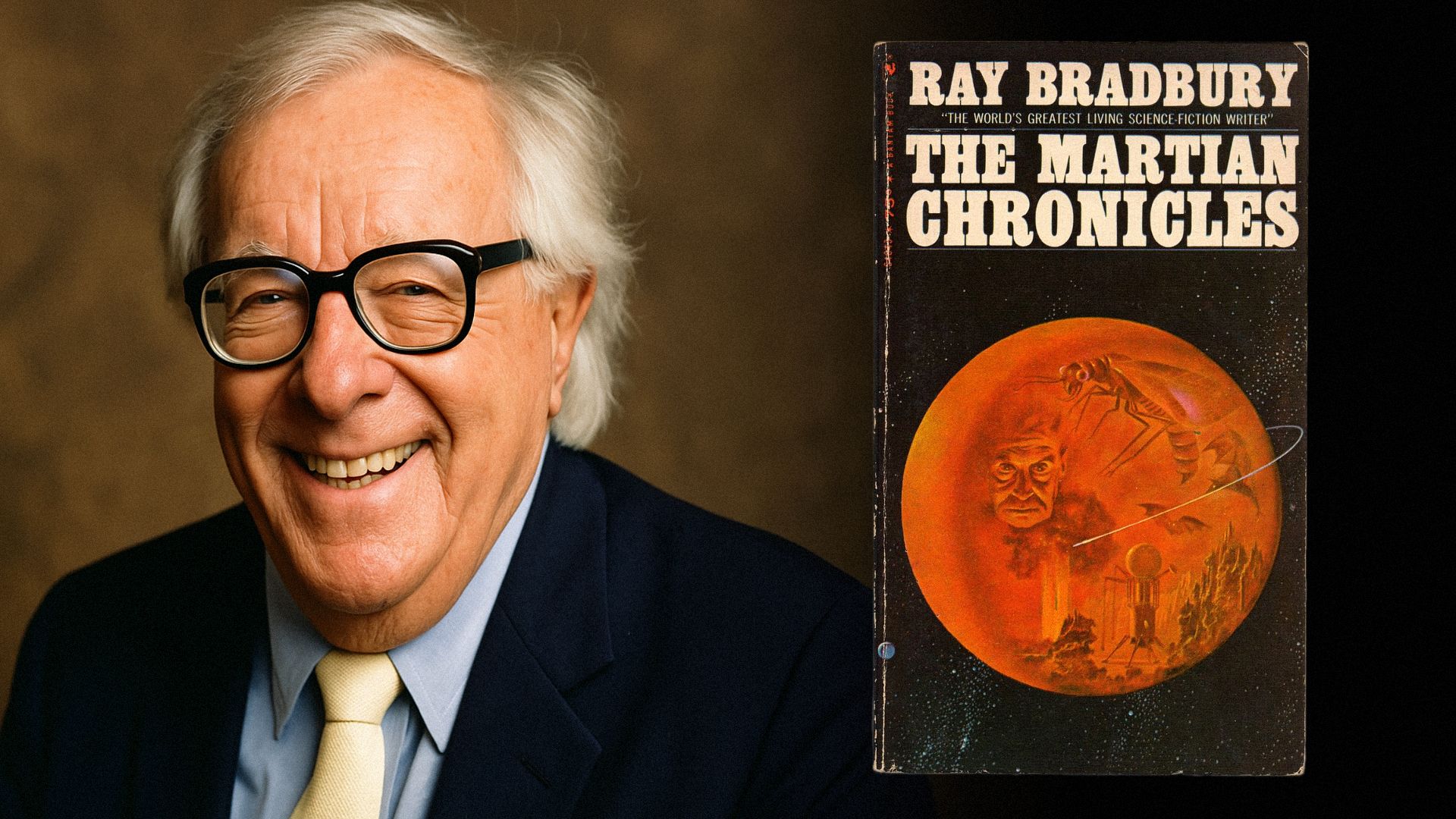
Each chapter reads like a separate novella with its own pain, longing, or irony. Here, Earthlings open a hot dog stand on Mars. There, a man encounters his son on the red planet — a son who's been dead on Earth for years. And here — the last family remaining on Mars after Earth's destruction. They are now the Martians.
Was There Actually a TV Series?
Yes, and it's an almost forgotten chapter. In 1980, a television miniseries of the same name aired, directed by Michael Anderson and starring Rock Hudson in one of the roles.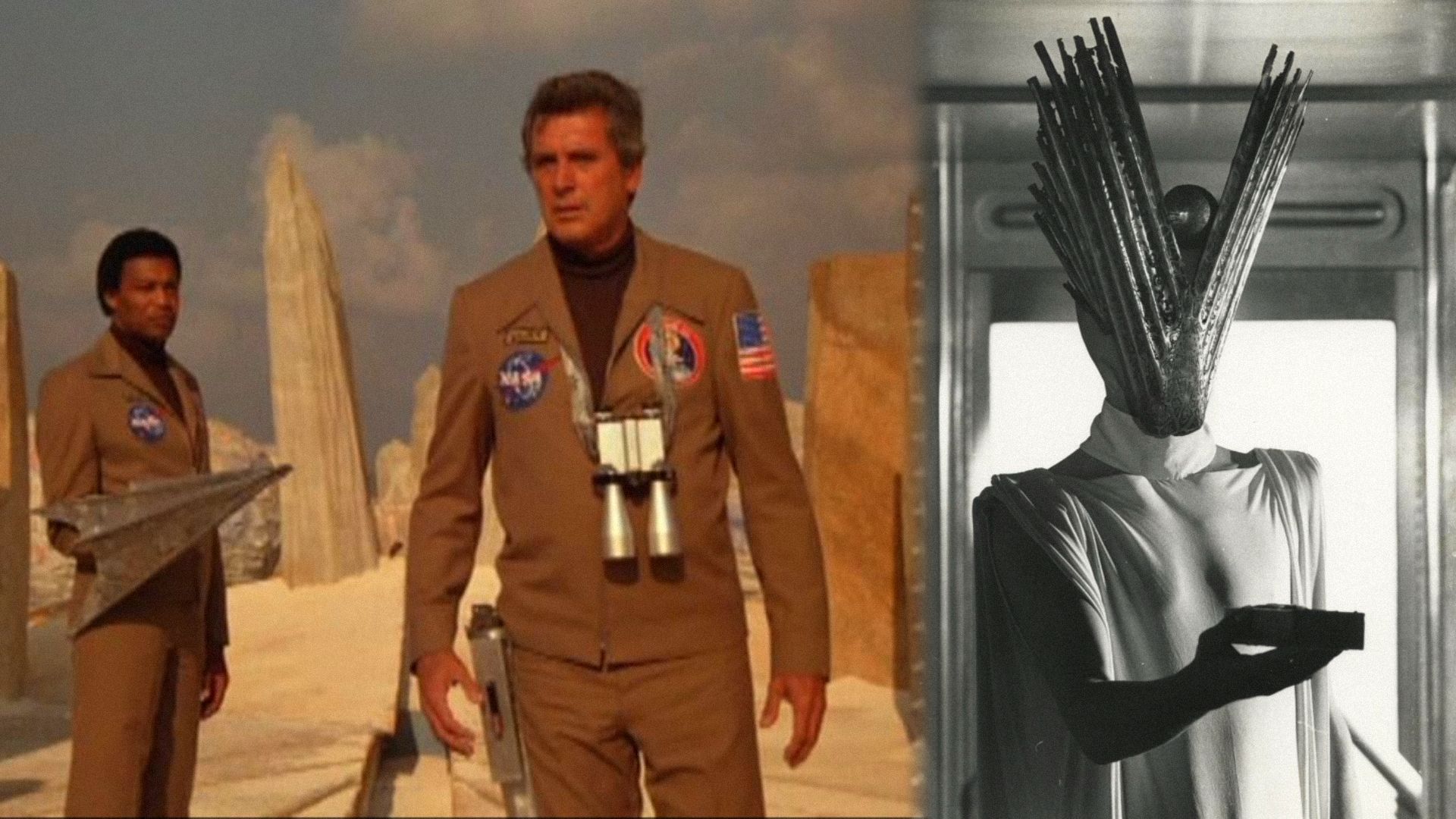
Why Read It Now?
Because the "Chronicles" haven't aged a day. Bradbury didn't write about technology — he wrote about people. And his reflections on greed, fear of the "other," loss of home, and naive faith in rebirth remain painfully relevant.And yes, if you think this is something "academic," forget it. Reading the "Chronicles" as an adult is a special pleasure. Because you're not looking for science fiction — you're searching for answers. Or at least hope that people, even on another planet, can become better. Earlier on zoomboola.com, we covered "Lord of the Flies" — a novel that's scarier than horror movies.




